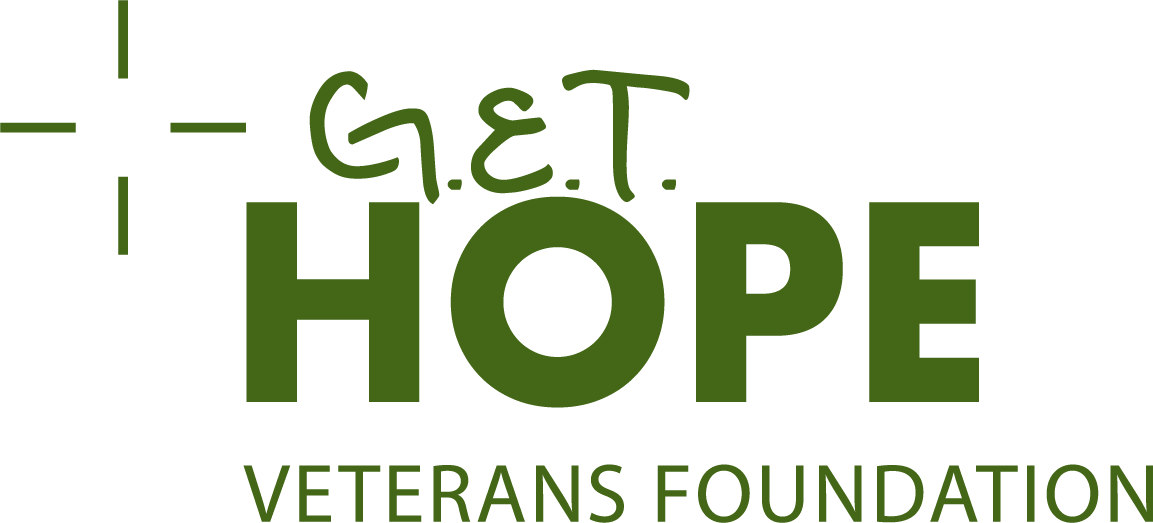Understanding Traumatic Brain Injury (TBI) in Veterans
Awareness, Impact, and Hope
At G.E.T. HOPE Veterans Foundation, our goal is to support and uplift every veteran in our community—and that means understanding the invisible wounds many carry home from service. One of the most significant but often overlooked challenges facing veterans is Traumatic Brain Injury (TBI).
What is TBI?
A Traumatic Brain Injury occurs when an external force causes the brain to move violently within the skull. This can result from a direct blow, blast wave exposure, or rapid acceleration/deceleration—common scenarios in military environments. TBIs range in severity from mild (commonly called concussions) to moderate or severe, with effects that may be temporary or lifelong.
TBI and Veterans: The Reality Behind the Stats
The U.S. Department of Defense and the Defense and Veterans Brain Injury Center (DVBIC) report that since 2000, over 490,000 service members have been diagnosed with a TBI. Veterans of Iraq and Afghanistan, in particular, are at higher risk due to the prevalence of improvised explosive devices (IEDs) and blast-related injuries.
Key Stats:
About 82% of TBIs in the military are classified as mild—but that doesn’t mean the impact is small.
1 in 5 Iraq and Afghanistan veterans has experienced some form of TBI.
TBIs often co-occur with Post-Traumatic Stress Disorder (PTSD), creating a complex web of symptoms that include memory loss, mood changes, headaches, sleep issues, and difficulty concentrating.
Living with TBI: The Hidden Struggles
Many veterans living with TBI struggle with:
Cognitive challenges like memory problems, slower thinking, or difficulty focusing.
Emotional changes, including irritability, anxiety, and depression.
Social isolation due to frustration, embarrassment, or misunderstanding from others.
Physical symptoms such as chronic headaches, dizziness, and fatigue.
TBI can be isolating—especially when others can't see the injury. At G.E.T. HOPE, we believe that awareness, connection, and support can make all the difference.
Hope and Healing: Paths Toward Support
While there’s no single cure for TBI, there are many ways veterans can find relief and regain control over their lives.
Seek Professional Support
Neurologists and VA TBI clinics specialize in diagnosing and managing brain injuries.
Cognitive therapy and neuropsychological support can help retrain the brain.
2. Explore Holistic Options
Physical activity, especially guided movement like yoga or tai chi, can help regulate mood and improve cognition.
Mindfulness and meditation reduce anxiety and increase awareness of symptoms.
Art and music therapy offer powerful nonverbal ways to process trauma and connect.
3. Don’t Walk Alone
Peer support is critical. That’s why G.E.T. HOPE offers Wingmen, local veterans who understand and walk beside those struggling.
Our monthly meetups, educational talks, and family events provide opportunities to build real relationships and find validation.
4. Advocate and Educate
The more we talk about TBI, the more we reduce stigma. Share your story. Ask questions. Make space for others to be honest.
You are not Defined by Your Injury
To every veteran living with TBI: you are not alone. And you are not defined by your injury. With the right support system, consistent care, and a community that understands, healing is possible.
If you or someone you love is living with the effects of a traumatic brain injury, reach out to us. Whether it’s a listening ear, a referral, or a place to belong—G.E.T. HOPE is here to walk with you.
